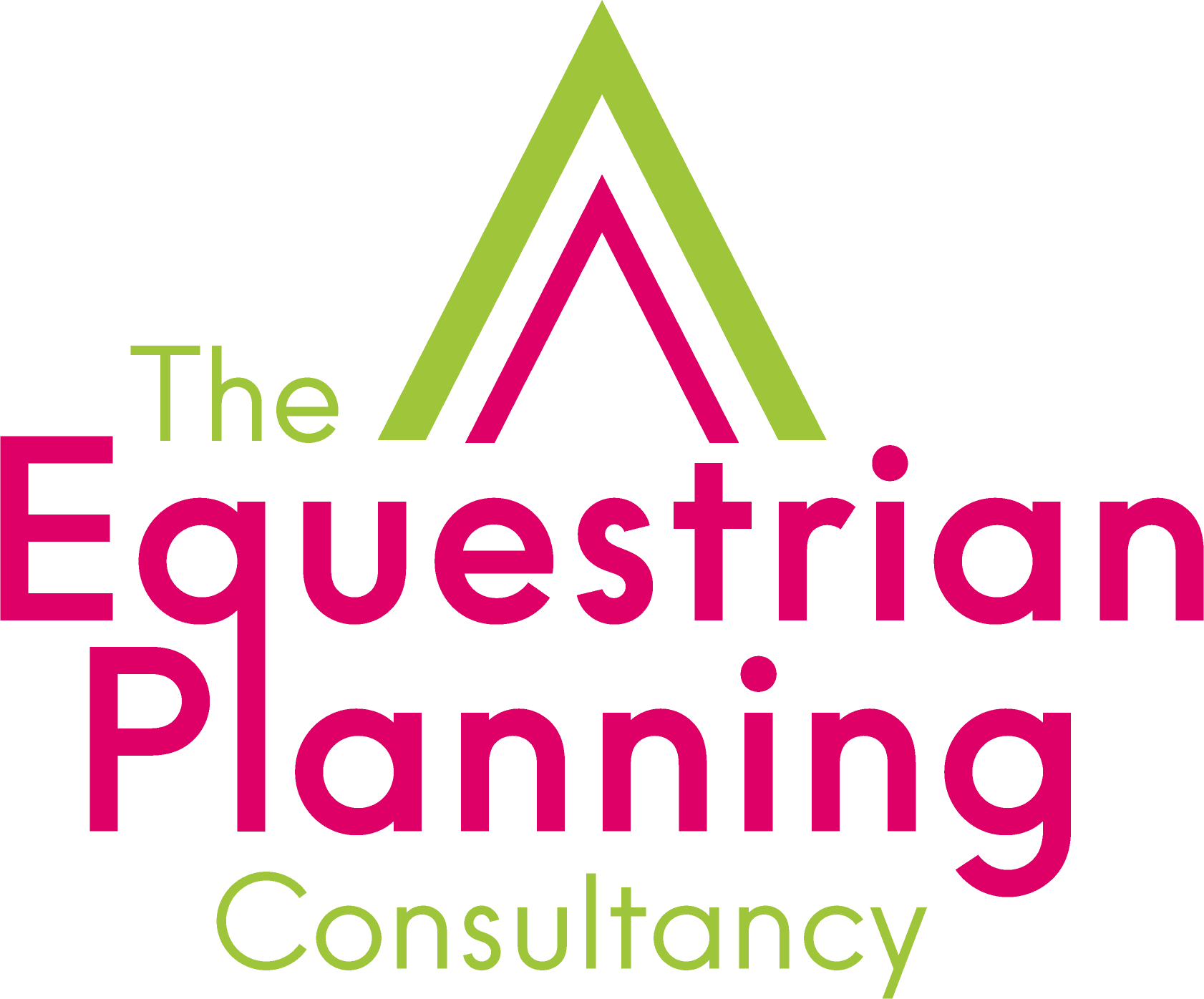Last July (2024) the Government undertook a consultation on planning fees which has resulted in draft amendments to The Town and Country Planning (Fees for Applications, Deemed Applications, Requests for Site Visits) (England) Regulations 2012 having been published this month. If approved by Parliament these regulations, and their amendments, will come into force on 1st April 2025 and affect applications submitted from this date.
Following on from this fees are also set to rise annually with inflation from 1st April 2025 (capped at 10% which would be measured by the consumer price index from the preceding September).
So, what does this mean? It means increased fees for certain applications.
The fee for Section 73 applications (more commonly utilised and known as removal or variation of conditions) currently commands a flat rate fee of £292 regardless of the development type. The regulations, outlined above, are expected to introduce a new three tier banded structure to fees for such applications which would be:
- £86 for householder amendments;
- £586 for non-major development (other than householders), and;
- £2,000 for major developments.
The fees for applications for approval of details reserved by condition are doubling from £43 to £86 for householder applications and increasing to £298 (from £145) for any other development.
Prior approval applications (under permitted development rights) are also seeing a fee increase from £120 to £240 (which, evidently, equates to a 100% increase) and from £258 to £516 (another 100% increase) if the development includes building operations. This would, for example, impact upon Class Q prior notifications (agricultural to residential) but is a flat rate fee regardless of dwelling numbers.
The fee for prior approvals that relate to the change of use of commercial, business and service uses to residential is doubling from £152 per dwelling house to £250 per dwelling house – by contrast to Class Q, for example, this is calculated on the number of dwellings.
Householder applications (development within the curtilage of a dwelling) are set to increase to £528 for a single dwelling house which is stated to allow Council’s to achieve full cost recovery of dealing with such applications. The existing fee will, however, remain relevant to small scale operations within the curtilage of a dwelling house such as the construction of gates or fences and fee exemptions and concessions will remain such as those relating to domestic accommodation for disabled people.
The £528 fee, whilst a notable rise, is actually at the lower end of the fee rates that were noted to have been suggested in the consultation that took place last summer with more than 50% of responders suggesting that fees be set at more than this amount meaning that, based upon this information, Councils consider householder developments will only cover basic costs in considering such applications.
There are, therefore, some significant increases which will add to the cost of applications from April.
There is still no fee for Listed Building Consent applications.
